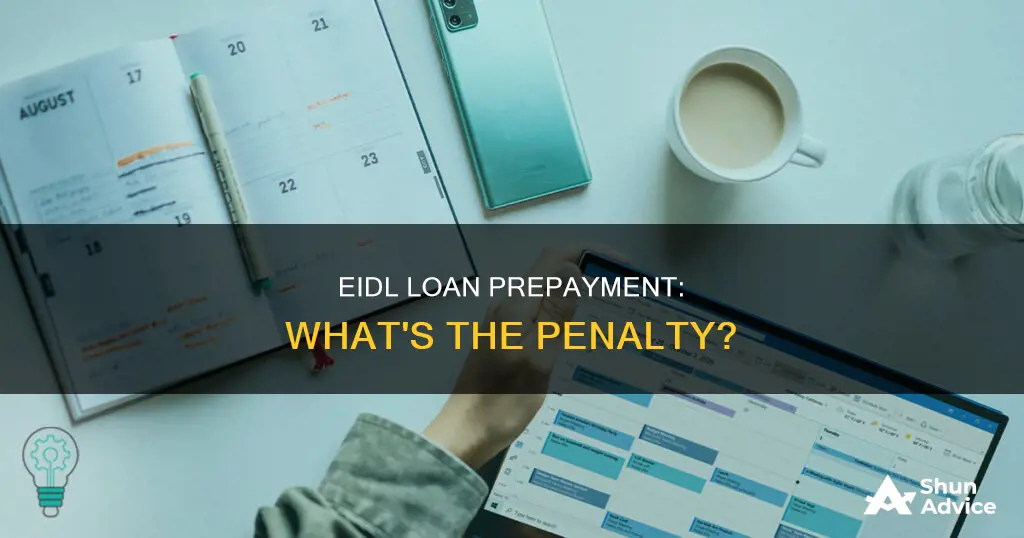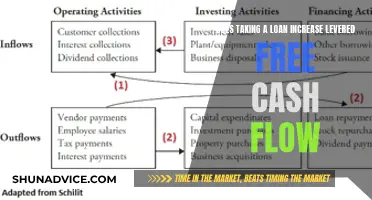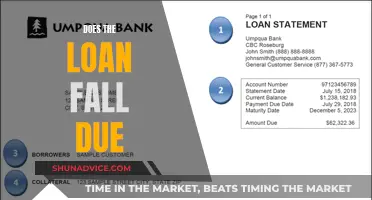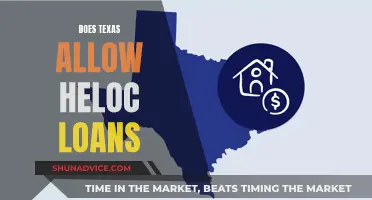
The Economic Injury Disaster Loan (EIDL) is a long-term loan designed to help small businesses with less than 500 employees cover their operating expenses during the COVID-19 pandemic. The EIDL loan has a low-interest rate and a 30-year repayment term. There is no prepayment penalty associated with the EIDL loan, and businesses can make voluntary payments during the 30-month deferment period without incurring any additional fees. However, interest continues to accrue during this time, and failure to make payments can result in loan default and various penalties.
Characteristics and Values of the EIDL Loan
| Characteristics | Values |
|---|---|
| Loan Amount | Up to $2 million in disaster loan assistance; COVID-19 EIDL capped at $150,000 |
| Interest Rate | 2.75% – 3.75% |
| Loan Term | 30 years |
| Repayment Period | 30-month deferral period; automatic suspension in the first year |
| Prepayment Penalty | No; voluntary payments can be made during the deferral period |
| Collateral | Required for loans over $25,000; may include inventory, equipment, trademarks, and copyrights |
| Eligibility | Businesses with less than 500 employees; some exceptions for businesses considered small by SBA size standards |
| Prohibited Activities | Any illegal activity as defined by the federal government |
| Default | Repeated failure to make repayments; loan restructuring or extension may be possible |
| Penalties | Immediate repayment of 1.5 times the original loan for inappropriate use of funds |
| Payment Methods | Phone, mail, and online |
What You'll Learn

EIDL loans do not have prepayment penalties
The Economic Injury Disaster Loan (EIDL) is a long-term loan designed to help businesses cover their operating expenses during the COVID-19 pandemic. The EIDL loan has a 30-year repayment term and a low-interest rate of 2.75%–3.75%. The Small Business Administration (SBA) prohibits any business engaged in illegal activities, as defined by the federal government, from obtaining an EIDL loan.
If you receive an EIDL loan of more than $25,000, you will need to pledge business collateral to secure the loan. This can include assets such as inventory, equipment, trademarks, and copyrights. It is important to note that while the loan is outstanding, you cannot sell, lease, or transfer the collateral without SBA approval. Additionally, your business structure must remain the same for the duration of the loan.
To repay your EIDL loan, you can make payments by phone, mail, or online. It is recommended to understand the loan terms and conditions thoroughly to avoid penalties for misuse of funds.
Co-op Bridging Loans: What You Need to Know
You may want to see also

EIDL loans have a 30-year repayment term
The Economic Injury Disaster Loan (EIDL) is a long-term loan designed to help businesses cover their operating expenses during the COVID-19 pandemic. The EIDL is a true loan and must be paid back, unlike the Paycheck Protection Program (PPP) loan, which can be forgiven.
There is no prepayment penalty associated with the EIDL loan. However, interest accrues over time, and borrowers may have to pay a UCC filing fee of $100 if it applies to their loan. The SBA also offers a 30-month deferment period during which businesses can make voluntary payments without a prepayment penalty. This deferral period starts when the loan is received and ends 30 months later.
It is important to understand the terms and requirements of the EIDL loan before accepting it. Failure to adhere to the specific rules and appropriate use of funds can result in penalties, including immediate repayment of one and a half times the original loan amount.
Loans and Unemployment: Impact and Influence Explored
You may want to see also

EIDL loans are capped at $150,000
The EIDL, or Economic Injury Disaster Loan, is a federal small business loan program designed to promote recovery from the economic impact of the COVID-19 disaster. The EIDL was signed into law in March 2020 as part of the CARES Act, which was passed to provide emergency relief to workers and small businesses struggling due to the pandemic.
While there is no prepayment penalty associated with EIDL loans, interest accrues from the time the loan is disbursed. This means that even during the 30-month deferment period, when businesses are not required to make payments, interest continues to build up. As a result, those who choose not to make voluntary payments during this time will face a balloon payment at the end of the loan term.
To repay an EIDL loan, borrowers can visit www.pay.gov and enter their 10-digit loan number and payment amount. It is important to ensure that you are on the secure Pay.gov website when making a payment, as sensitive financial information is involved. Additionally, if the loan amount is greater than $25,000, a UCC-1 filing fee of $100 may apply, and certain restrictions on business operations may be imposed.
The Autry Family: Los Angeles Angels' Loan Status
You may want to see also

EIDL loans require collateral for amounts over $25,000
The COVID-19 Economic Injury Disaster Loan (EIDL) was signed into law in March 2020 as part of the CARES Act. The EIDL is a true loan and is designed for small businesses with less than 500 employees that are suffering from a temporary loss of revenue due to a declared disaster. The EIDL program is currently accepting applications from businesses affected by the COVID-19 pandemic.
EIDL loans under $25,000 are considered "unsecured" and do not require any collateral. It is important to note that EIDL loans cannot be forgiven, and the interest continues to accrue over the 30-month deferment period. While there is no prepayment penalty associated with the EIDL loan, you may have to pay back a UCC filing fee of $100 if one applies to your loan.
CFPB's Regulatory Scope: Private Trust Deed Loans
You may want to see also

EIDL grants do not need to be repaid
The EIDL loan is a 30-year loan with an interest rate of 3.75%. No payments are required during the first year, but interest still accrues. The Economic Injury Disaster Loan (EIDL) is designed for businesses with less than 500 employees. The COVID-19 EIDL and grants program is closed to new applications, however, other Disaster Loan programs and grants are still available.
If your EIDL loan is greater than $100,000, the Small Business Administration (SBA) may take additional methods to collect on your EIDL if it is past due. This could include taking possession of collateral or working with the Treasury Department to garnish wages or initiate other collection activities. As part of the 30-month deferment period, the SBA allows businesses to make voluntary payments without prepayment penalties. While your interest continues to accrue over the 30 months, and non-payment over the period will result in a balloon payment at the time of maturity, you can take action whether your loan is past due or coming due soon.
If you received a COVID-19 EIDL in 2020, 2021, or 2022, you benefited from the SBA's instalment of a 30-month payment deferral date. This deferral period provides loan holders with 30 months before they need to start making payments on their loan. The Hardship Accommodation Plan allows eligible borrowers to make reduced payments for a six-month period with an option to renew after the plan concludes. Interest will continue to accrue under this plan, which may increase or create a balloon payment at the end of the loan term.
Texas Loan Prepayment: Are There Penalties?
You may want to see also
Frequently asked questions
No, there is no prepayment penalty associated with the EIDL loan. However, it is possible that a minimal amount of interest has accrued from the time the loan was disbursed.
EIDL loans have interest rates ranging from 2.75% to 3.75% and a 30-year repayment term.
The EIDL loan is capped at $150,000 for COVID-19 relief. However, disaster loan assistance is available up to $2 million.
Defaulting on an EIDL loan can result in several consequences, including a decline in your credit score, the SBA taking possession of collateral, and legal action being taken against you or your business.
Yes, EIDL funds come with a list of specific rules and restrictions on their use. For example, they cannot be used for disbursements to owners, partners, officers, directors, or stockholders, except when directly related to the performance of services for the benefit of the applicant.







